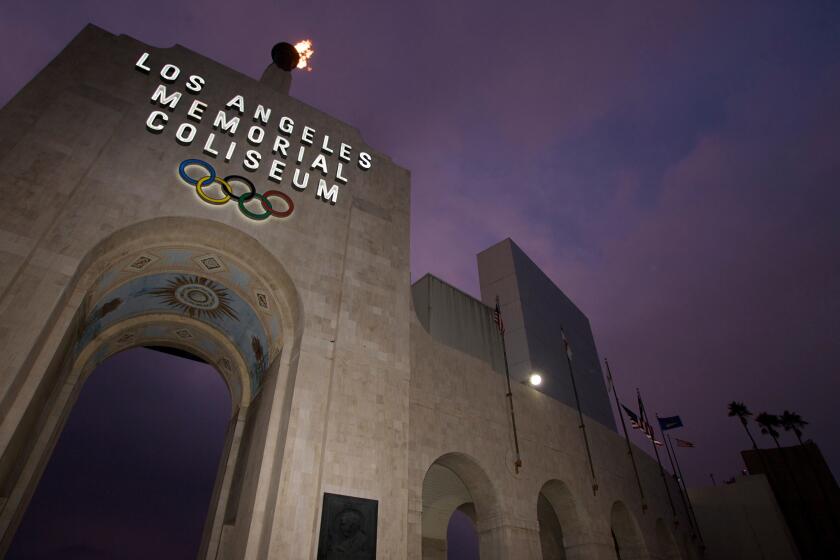House panel to vet minority contracting program after Times investigation into ‘Cherokee’ claims

After more than $300 million in government contracts went to businesses that made unsubstantiated claims of Native American ownership, Rep. Nydia M. Velazquez (D-N.Y.), head of the House Small Business Committee, says the committee will tighten guardrails.
Eyeing stricter controls in the federal government’s minority contracting program, a House oversight panel on Tuesday is expected to address the findings of a Times investigation that showed that companies received more than $300 million in taxpayer-funded contracts based on unverified claims that their owners were Native American.
“This is certainly alarming,” said Rep. Nydia Velazquez (D-New York), chairwoman of the House Small Business Committee, who called for a hearing after The Times published its report in June.
Velazquez said the committee intends to root out “any form of waste, fraud and abuse” in the federal program.
The committee oversees the U.S. Small Business Administration, which certifies federal contractors as minority-owned. Its subcommittee on investigations will conduct the hearing.
“I was shocked,” Rep. Judy Chu (D-Pasadena), who chairs the subcommittee, said of The Times’ findings. “I was very disturbed that contracts that were intended to go to underserved populations did not go to them in the case of $300 million worth. ...
“I would have assumed there would have been more checks and balances.”
The Times determined that the minority contracts were awarded by federal, state and local agencies to companies whose owners were members of one of three self-described Cherokee groups that have no government recognition and are considered fraudulent by recognized Cherokee tribes.
All of the businesses won certification as minority contractors even though birth, census and other government records reviewed by The Times identified the firms’ owners or their ancestors as white.
The certification process was often spotty, with officials accepting flimsy documentation of Native American heritage or unverified accounts that the contractors suffered discrimination because of their ethnicity.
One of the firms received a contract from the federal Bureau of Indian Affairs for work at a Native American university the agency runs.
The SBA has asked its Office of Inspector General to investigate The Times’ findings. The office conducts probes into possible fraud or other wrongdoing.
Chu said the inspector general’s inquiry will likely continue for a few more months. She said the committee is determined to “tighten the guardrails in the certification process.”
In applying for minority status, the contractors The Times investigated cited membership in the Northern Cherokee Nation, based in Clinton, Mo.; the Western Cherokee Nation of Arkansas and Missouri, headquartered in Mansfield, Mo.; or the Northern Cherokee Nation of the Old Louisiana Territory, located in Columbia, Mo.
None of those groups is federally recognized as a legitimate Native American tribe.
In the wake of The Times’ report, the U.S. Department of Transportation called for a review of all Native American companies in its minority contracting program nationwide to weed out firms whose owners do not belong to state or federally recognized Native American tribes. The review is ongoing.
Meanwhile, state and local agencies have lifted the minority certifications from a number of contractors examined by The Times.
Last year, the newspaper found that a company owned by in-laws of then-House Majority Leader Kevin McCarthy (R-Bakersfield) received more than $7 million in federal contracts because of his brother-in-law’s membership in the Northern Cherokee Nation.
Most of the work awarded to the company, Vortex Construction, was for military projects in and around McCarthy’s district, including projects he supported in Congress.
McCarthy, now the House minority leader, and the brother-in-law, William Wages, said they did nothing wrong. Wages, whose sister is married to McCarthy, said he is one-eighth Cherokee. Census and birth records available to The Times dating to 1850 show no Cherokees among his ancestors.
More to Read
Sign up for Essential California
The most important California stories and recommendations in your inbox every morning.
You may occasionally receive promotional content from the Los Angeles Times.












